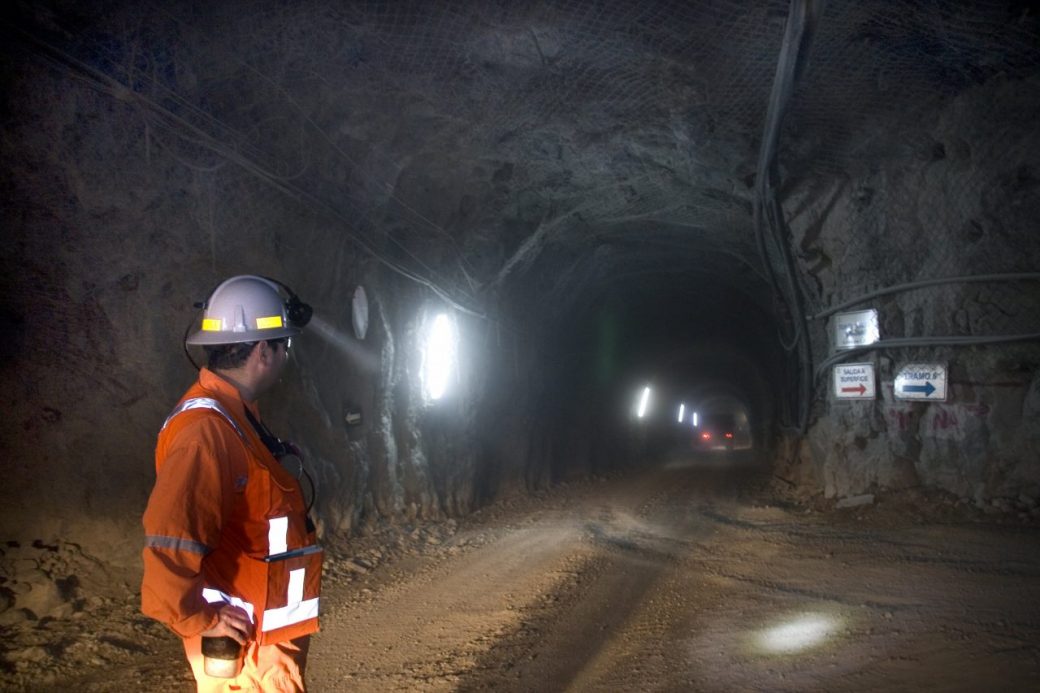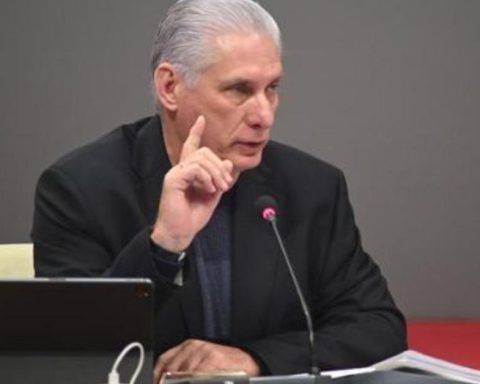Between 2018 and 2020, everything was handled with pure inertia, without planning. Much expense and no results.
The management of the ENational Mining Company (Enami) was a complete failure between 2018 and 2020. According to a new report from the Comptroller’s Office, during that period, the authorities in charge did not issue or promote any type of guidelines or policies on issues such as exploitation, benefit, smelting, refining, marketing and mine closure, among others.
“The board of directors and general managers of the company did not issue guidelines to achieve the objectives established in the strategic planning, they did not order the optimization of spending or elaborated policies to sustain the investments made in the prospecting and exploration of mining projects,” he points out. The report.
In other words, it was all inertia and a complete lack of management. According to the control body, Enami It was only limited to receiving income from royalties, generated in previous years through contracts signed for the assignment and transfer of rights miners.
Likewise, it was not sought financing outside of the monies delivered by the treasury; and much less real and effective efforts were made to seek more national investment and foreign in the sector.
Another bad deal for the state
This sum of inactions resulted in the public company registering a low economic performance, which ranged between 4% and 29% of total revenues. In other words, with low income and increasing current expenses, Enami decapitalized and did not meet any of its objectives for three of the four years of the government from Lenin Moreno.
Finally, the Comptroller determined that there were irregularities in the granting of mining rights. For example, the project Huambuno River, in the province of Napo, it was granted based on an estimated volume report and not on the basis of the evaluation of the deposit, as established by current regulations.
And to top it all off the mishandling, Enami carried out activities in the territories of ancestral communities, which prevented the generation of economic resources for the State and caused a ruling for the reversal of the mining concessions and the repair of environmental damage.
The panorama that details Comptroller around the public company only deepens the serious structural problems of the mining sector. Those problems, which include inefficient controls and heavy paperwork, only benefit informal and illegal activities.
It is assumed that the Government of Guillermo Lasso seeks to change the deterioration and inertia, through decree 151. This decree establishes deadlines to change laws, streamline procedures, improve controls and attract more private investment. However, environmental and social sectors have presented unconstitutionality appeals.
In the case of Confederation of Indigenous Nationals (Conaie) threatens to break the dialogues with the Executive if the actions to increase mining activity are not left without effect. (JS)















